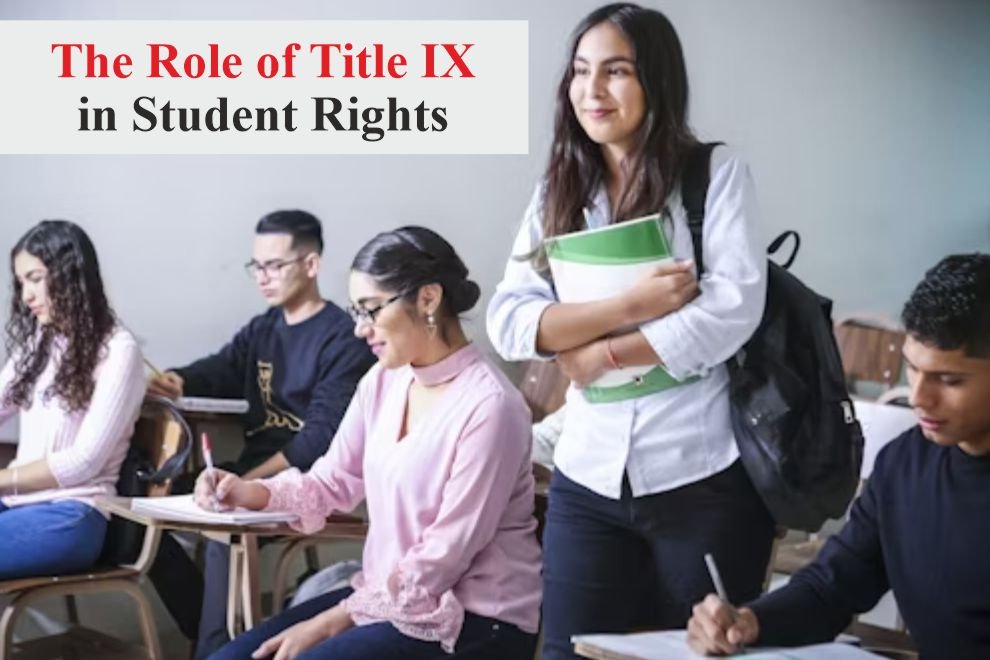Ensuring equal opportunities between the sexes is fundamental to fairness and equality in society. In the area of education, Title IX represents a pivotal piece of legislation aimed at promoting greater equality by ensuring that men and women have the same access to education and are free from bias or discrimination based on their sex.
Enacted in 1972 as part of the Education Amendments, Title IX prohibits federally-funded educational programs from discriminating against individuals based on their sex. This also includes protection against sexual harassment or sexual violence.
The types of educational institutions that must comply with Title IX rules are extensive and include private schools, graduate higher education institutions, vocational education institutions, after-school programs, public schools, libraries, museums and other institutions that receive federal funding.
In this article, we will review some of the rights and protections afforded to students under Title IX, which help to create safer, more inclusive, and welcoming educational environments for all.
Protection Against Sex-Based Discrimination
Title IX gives students and staff protection from sex-based discrimination. This protection extends to sexual harassment and sexual violence. When incidents are reported to school or college authorities, Title IX requires them to investigate and address the issues as a matter of priority. Educational institutions that fail to adequately address such reports may end up losing their federal funding and may even have to pay damages if found liable in court.
Support Services
Schools and colleges must ensure victims of sexual discrimination, or sexual violence receive appropriate care and are given access to support services. This includes medical and counseling services as well as academic support, and other accommodations which could include changes to the victim’s schedule or their housing arrangements. They must also take immediate measures to prevent such instances from occurring again.
Complaints Procedure
Under Title IX, schools and colleges must put in place procedures to handle complaints concerning sexual discrimination and sexual violence. To help them do this, they must have a Title IX coordinator for students to access.
The coordinator’s legal responsibilities include promptly investigating any complaints received and taking disciplinary action where required. They are also responsible for overseeing their institution’s compliance with Title IX regulations by addressing systemic patterns or problems and implementing preventive measures such as educational training programs and policy changes. Educational institutions can benefit from Title IX training services which can help them prepare and promptly respond to Title IX allegations and maintain Title IX compliance.
Protection Against Retaliation
Students who file a formal complaint of sexual violence or sexual discrimination under Title IX will be protected from retaliation. This means that schools or colleges cannot take action against them such as disciplinary measures or other actions with negative consequences, for making reports.
They must also protect students from third-party retaliation which may come from their peers or other people involved in the incident. This could involve issuing no-contact orders or taking other protective measures to ensure the safety and well-being of the complainant.
Title IX stands as a powerful ally for helping all students pursue their right to an education in a safe and dignified manner, free from discrimination and harm.
Also Read: The Future of Education: Preparing Students for a Changing World










